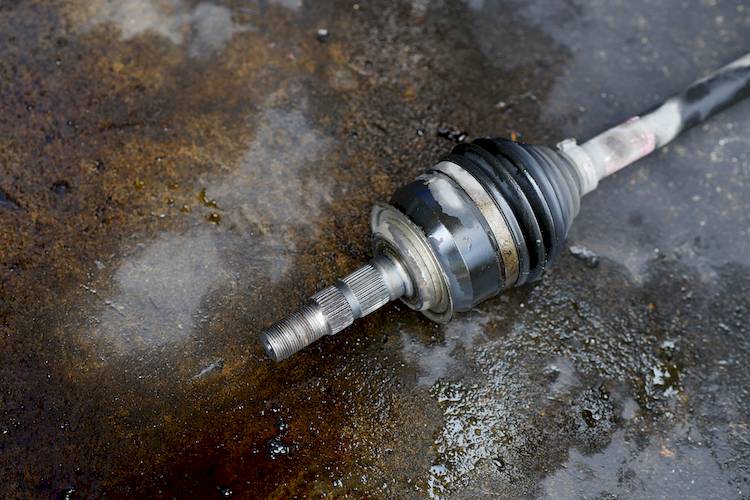

When it comes to important components in your vehicle, the driveshaft holds a lot of importance. This part is responsible for delivering the torque, or power, that is being made by your engine and sending it to the correct area. If your car is a rear-wheel drive it will send power there, if it is front-wheel drive that's where the power goes, and if its four-wheel drive it sends the power where needed. In four-wheel drive vehicles there can sometimes be two driveshafts to ensure there is enough power.
Unfortunately once this part nears the end of its lifespan, it's not going to be able to send that power to where it needs to be without issues. This means other areas of your vehicle will need to pick up the slack and take on more responsibility, which means you'll be wearing them down much faster. If you allow the driveshaft to die completely, then it will reach the point where the wheels no longer receive any power.
While there is no set lifespan of a driveshaft, it typically can last about 75,000 miles. Keep in mind depending on the vehicle, and wear and tear you may get much less or much more. If you have made modifications to the height of your driveshaft, it is more prone to getting damaged, which means you'll need to replace it that much sooner. A tip to extend the life of your driveshaft is to ensure you keep all the u-joints well lubricated.
If you're wondering what the signs are of a driveshaft that has reached the end of its lifespan, here's a comprehensive list.
When you are driving you may begin to notice a squeaking sound. It may start out intermittent and build over time.
While driving you may notice a vibration that you can feel. Again this can get stronger over time as the driveshaft continues to breakdown.
When you shift between reverse and drive, and as you accelerate a clunking sound may start to happen.
Because you don’t want to risk damaging other parts of your vehicle, it’s important to have the driveshaft looked at if you suspect yours has reached the end of its lifespan. If you’re experiencing any of the above mentioned symptoms and suspect your driveshaft is in need of replacement, it’s important to get a diagnostic or book a driveshaft replacement service with a professional mechanic as soon as possible.



